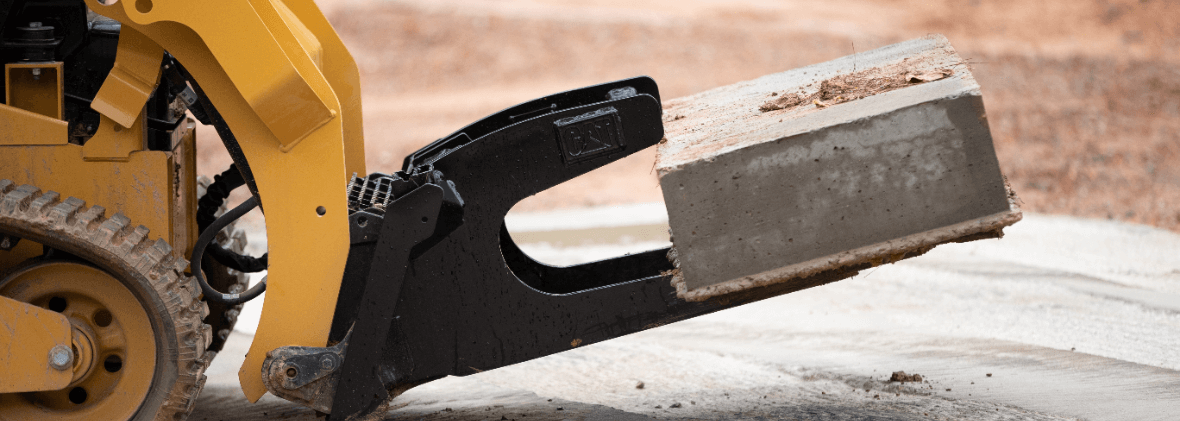
Choosing Between Concrete, Mortar and Cement
Cement, mortar and concrete are some of the most common building materials. While people often use the terms interchangeably, they serve different purposes. Understanding the differences helps you select the right material and equipment for your project.
What Is Cement?
Cement is a fine powder that acts as a binding agent in concrete and mortar. It’s made from limestone, silica sand, clay, seashells and iron ore that are heated to about 2,700 degrees Fahrenheit. The most common type is Portland cement, which hardens quickly when mixed with water.
Cement is never used by itself. It’s always combined with other ingredients to make mortar or concrete. Learn more in the concrete making process.
What Is Concrete?
Concrete is one of the most widely used building materials in the world. It’s made from cement, sand, gravel and aggregates. Concrete forms the backbone of construction and is used in foundations, bridges, dams and roadways.
For small projects, you can buy bags of ready-mix concrete to combine with water. For larger jobs, ready-mix concrete is delivered by truck. You can then transport it with concrete buggies.
What Is Mortar?
Mortar is a mixture of cement, fine sand, lime and water. Unlike concrete, mortar isn’t strong enough to stand alone. Its main role is to bind bricks, stones, or blocks together.
Different mortar types have varying consistencies. Choosing the right one helps you achieve the right thickness and strength for your project.
Equipment for Mortar and Concrete Projects
Whether your project uses mortar, concrete, or both, having the right equipment is key. Renting gives you access to the machines you need without long-term costs. The Cat® Rental Store offers a wide selection of concrete and mortar equipment, including:
• Mortar mixers for combining materials efficiently.
• Walk-behind power trowels for finishing surfaces.
• Concrete buckets for easy pouring.
• Floor grinders for surface preparation.
• General concrete equipment for a variety of tasks.
Rent From The Cat® Rental Store
Partnering with the Cat Rental Store gives you access to high-quality equipment, expert advice and flexible rental terms. Browse equipment online, request a quick quote online, or find your local dealer location.
FAQs About Concrete, Mortar and Cement
Is cement the same as concrete?
No. Cement is a binder used to make concrete and mortar.
When should I use mortar?
Mortar is best for binding bricks, stones, or blocks, not for standalone structures.
Can I rent concrete and mortar equipment?
Yes. The Cat Rental Store offers mixers, buggies, power trowels and more for short- and long-term rental.
Find The Cat Rental Store Near You